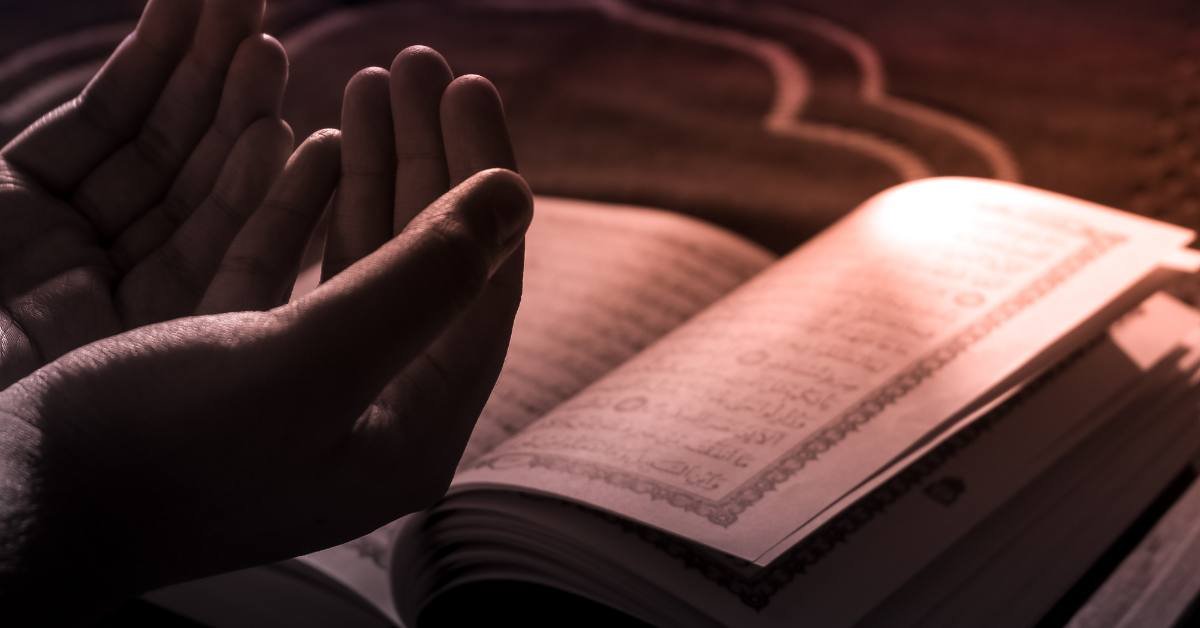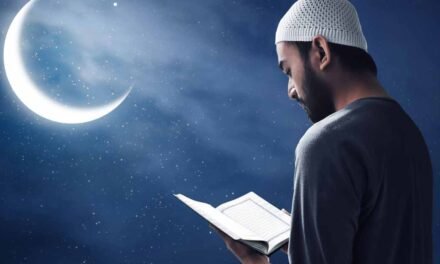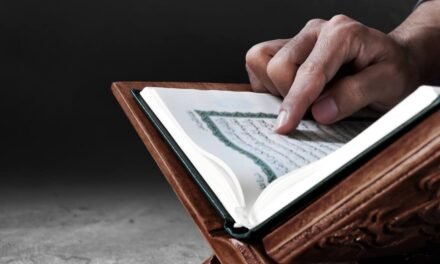The Quran, a constant source of guidance, holds verses that never fail to amaze me. Recently, a deeper understanding of verse four in Al-Fatihah, “Maliki yawm ad-Din” (Master of the Day of Judgement), opened my eyes to a beautiful truth.
Let’s break it down. “Maliki” comes from ” ملك” (mulk), meaning owner or ruler. Imagine a king with absolute power. That’s the kind of “Master” God is on the Day of Judgement.
But “yawm” (day) has layers too. It can mean a literal day, a specific time, or even “now.” The Day of Judgement is undeniably important, but the verse seems to suggest something more.
“Din” (judgement) has its own depth. It can mean reward, punishment, or even religion itself. The verse seems to be saying that God is the master of a kind of judgement that goes beyond just the final day.
Here’s where things get interesting. Many scholars say this verse isn’t just about the afterlife. It’s about how God is the master of a process that happens throughout our lives. Good deeds and bad deeds have consequences, here and now. God sees it all, and He has the ultimate say.
This understanding is comforting in a way. It means there’s no escaping accountability. But it’s also merciful. God isn’t some strict judge bound by rules. He’s the Master, free to forgive and guide us.
This verse connects to the first few verses of Al-Fatihah too. God, the “Lord of the Worlds” (Rabb ul-Alameen), creates us and guides us. The “Most Gracious” (Ar-Rahman) equips us with what we need, and the “Most Merciful” (Ar-Rahim) rewards our efforts. “Master of the Day of Judgement” reminds us that this process has an endpoint, a final reckoning.
But that endpoint isn’t the whole story. The verse also hints at a path for us to walk. By reflecting God’s attributes, we can become “masters” ourselves. We can strive for justice, mercy, and generosity, just like the Most High.
This journey, this “descent and ascent” as some scholars call it, is a beautiful concept. It reminds me that faith isn’t passive. It’s about becoming better versions of ourselves, reflecting God’s light in the world.
Understanding this verse has deepened my faith. It’s shown me a God who is both powerful and compassionate, a master who forgives and guides. It’s a truth that fills me with hope and motivates me to be a better person, not out of fear, but out of love and gratitude.





